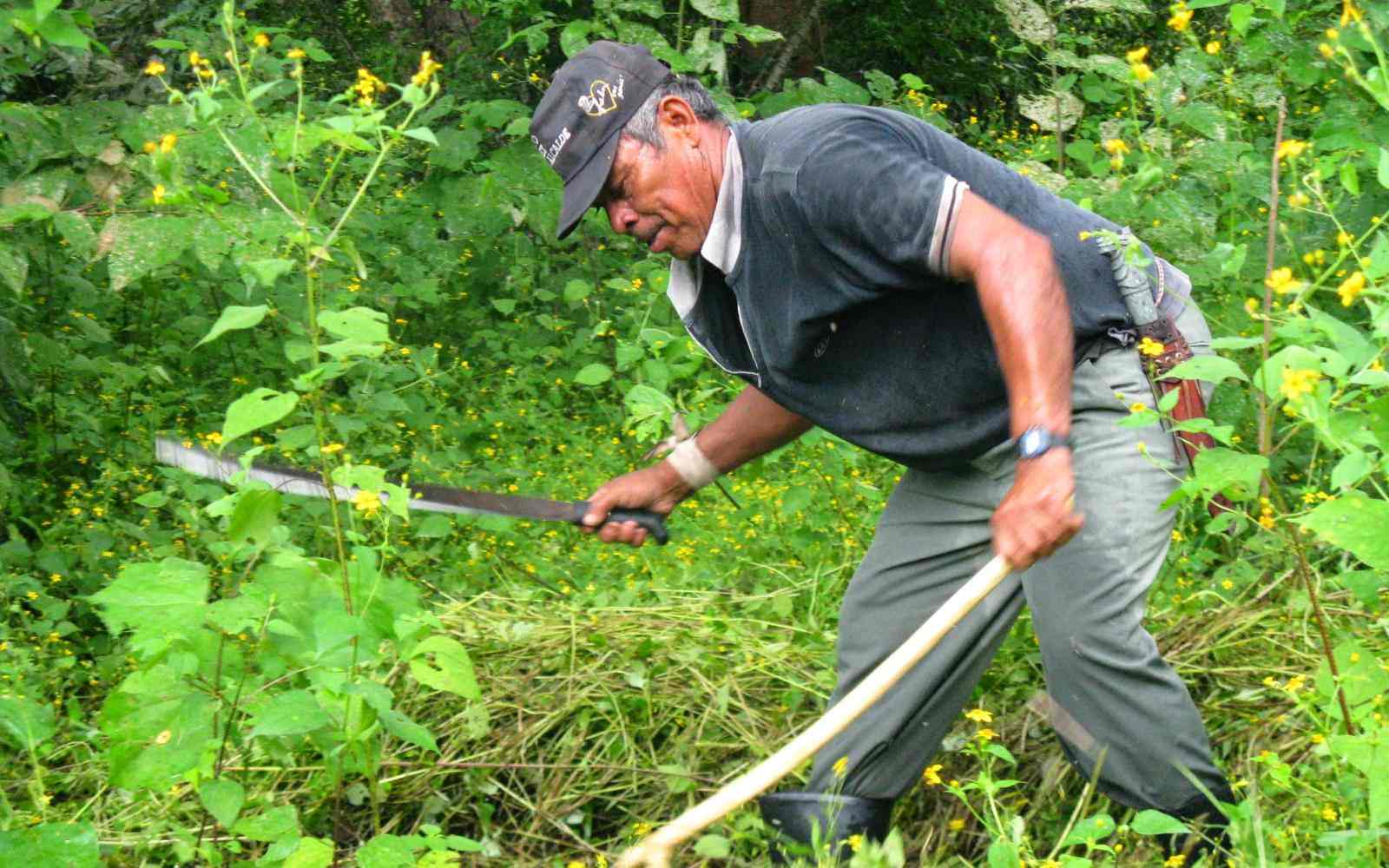Regenerating forests with machetes and tech to fight climate change at scale
Deforestation, climate change, and the migrating effect of young generations from rural to metropolitan areas are among the most threatening factors for the biodiversity and livelihood of the rural population in Central and South America. Shifting the traditional use of machetes, the long-bladed knives present for centuries among those communities, to help with forests’ regeneration is part of a multifaceted digital project led by American biologist Sarah Otterstrom that aims to improve the livelihood of over one and a half million farmers by 2027 in five different countries.

